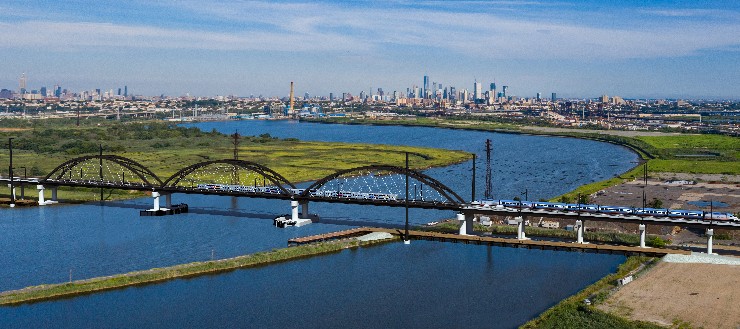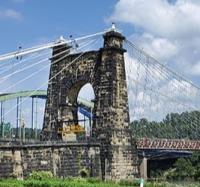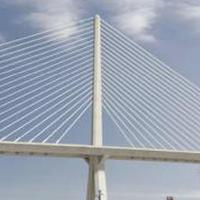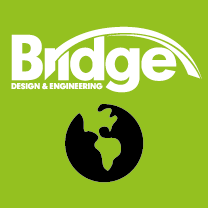The NJ Transit board of directors has approved a contract with Skanska/Traylor Bros Joint Venture for the construction of the new Portal North Bridge.
The Portal North Bridge is a key initial element of the broader Gateway Program, which will eventually double rail capacity between Newark and New York.
The bridge project is designed to eliminate issues caused by operation and maintenance of the existing 110-year-old swing bridge, which has been the enduring source of major service disruptions for NJ Transit and Amtrak customers travelling on the Northeast Corridor.

The new structure will be a two-track, high-level, fixed-span bridge. It will run more than 15m over the Hackensack River and will allow marine traffic to pass underneath without interrupting rail traffic.
The US$1,559,993,000 construction contract for the project spans 3.9km of the Northeast Corridor line and also includes construction of retaining walls, deep foundations, concrete piers, structural steel bridge spans, rail systems, demolition of the existing bridge and related incidental works.
Once construction begins, the construction contract is anticipated to take approximately five and a half years.
The final stage in the funding process was completed last year (link opens in new tab).
Governor Phil Murphy said: “Few infrastructure projects are as critical to the nation as replacing the ageing Portal Bridge.”
“This construction award, which is the single largest in our agency’s history, is the culmination of more than three years of hard work and determination by NJ Transit and our project partners at Amtrak,” said NJ Transit president and CEO Kevin Corbett. “NJ Transit will soon begin construction on the most important infrastructure project in the nation next to the Hudson Tunnel Project, creating jobs and spurring economic growth for our region, and restoring dependable rail service to the millions of customers who count on this critical rail link between New Jersey and New York every year.”
“A new Portal North Bridge that won’t have to open and close for river traffic is vital to improving safety, speed and reliability in the busiest section of the Northeast Corridor,” said Amtrak board chair Tony Coscia.





